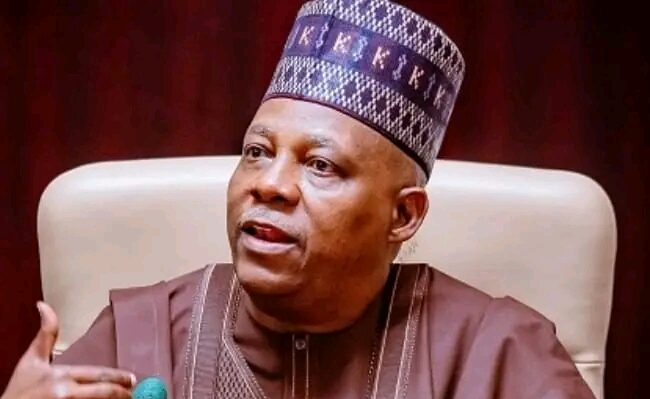In a major step toward combating climate change and restoring Nigeria’s degraded ecosystems, the Federal Government has initiated the signing of a Memorandum of Understanding (MoU) with an international consortium comprising the Dalberg Group and Campo Group.
The agreement is part of the government’s ambitious Green Legacy Programme aimed at large-scale tree planting and environmental regeneration.
The move was announced on Monday during a high-level meeting between Nigeria’s Vice President, Senator Kashim Shettima, and the consortium’s representatives on the sidelines of the ongoing United Nations Food Systems Summit in Addis Ababa, Ethiopia.
The Dalberg Campo consortium is credited with playing a pivotal role in Ethiopia’s successful tree planting initiative, which saw the East African nation plant over 46 billion trees, one of the most celebrated reforestation campaigns globally.
Addressing the delegation, Vice President Shettima emphasized Nigeria’s commitment to replicating similar success through bold, climate-smart initiatives.
“We have very tall and ambitious projects here, and where there is a will, there is always a way,” he said. “But experience is not something you buy in the market square. You have to have it, and you have to earn it, just as this consortium earned it by supporting the Ethiopian government to succeed.”
The Green Legacy Programme is a core component of Nigeria’s broader environmental strategy to combat desertification, enhance biodiversity, and contribute to global climate goals, including the United Nations’ Sustainable Development Goals (SDGs).
The forthcoming partnership is expected to harness global expertise and mobilize investments to execute large scale afforestation and reforestation projects across Nigeria, particularly in regions most affected by deforestation and land degradation.
Officials say the MoU will lay the foundation for technical support, knowledge exchange, and capacity building, while aligning Nigeria’s environmental policies with international best practices.
The meeting in Addis Ababa further cements Nigeria’s leadership role in Africa’s climate resilience discourse and underlines the country’s readiness to leverage strategic alliances to address urgent ecological and food security challenges.
Details of the MoU, including project timelines and target areas, are expected to be announced in the coming weeks.



